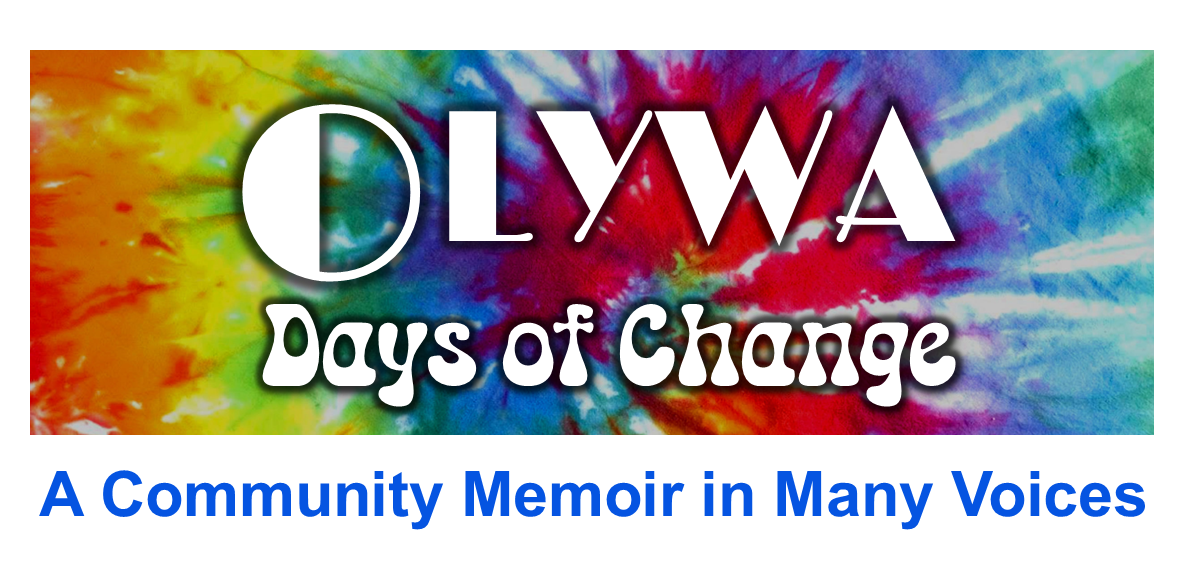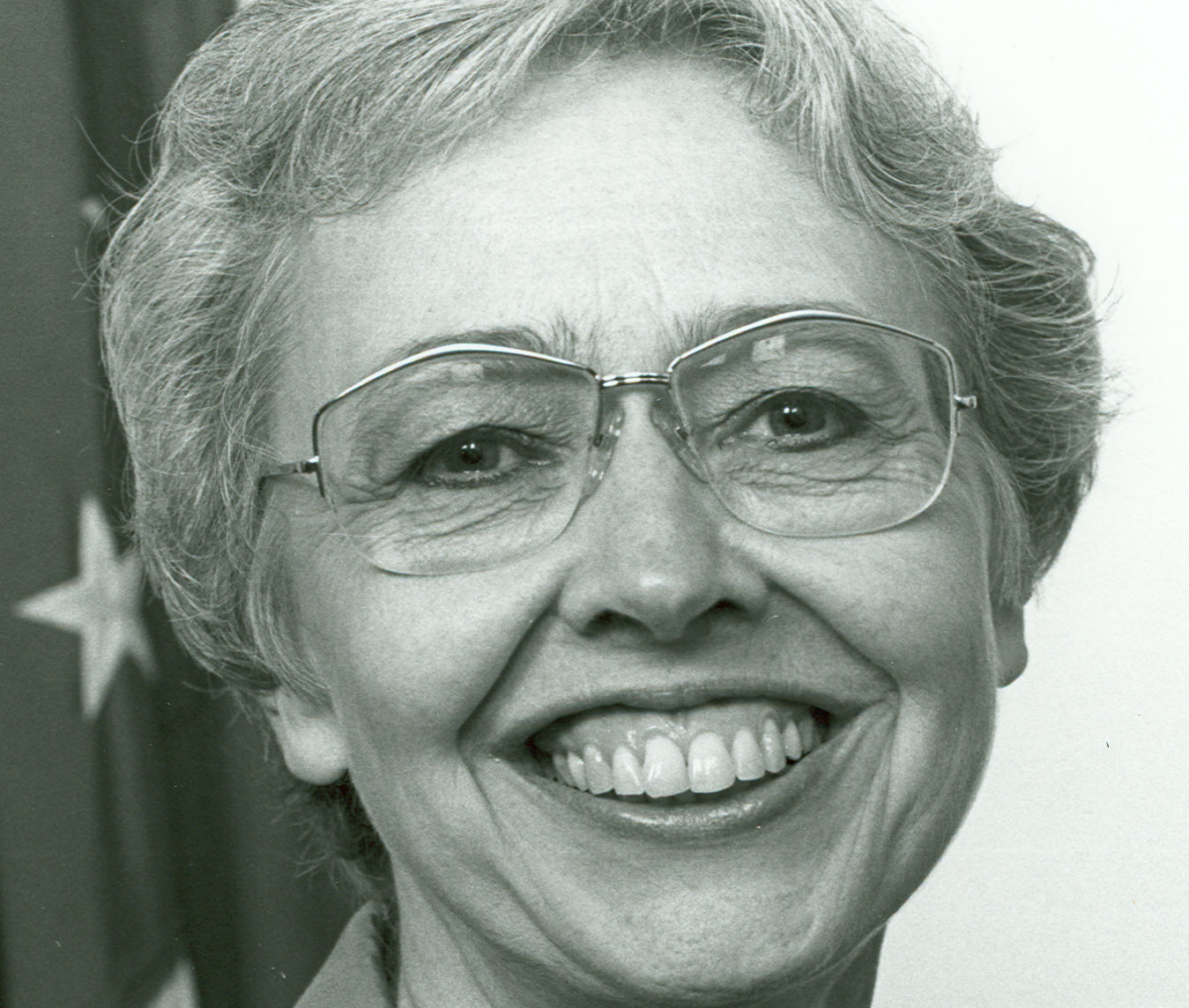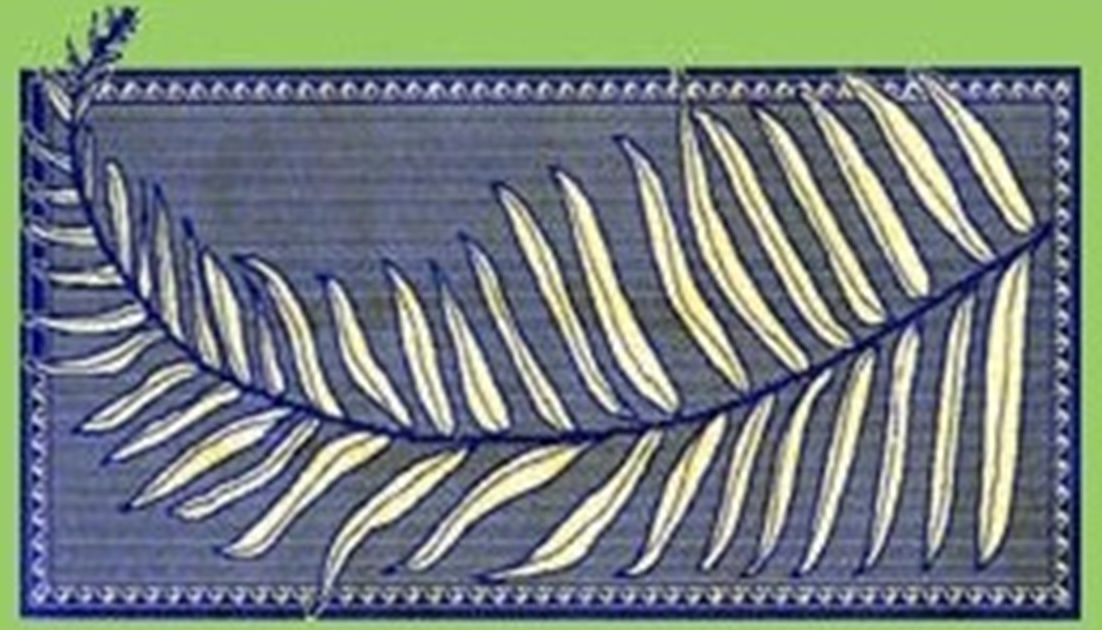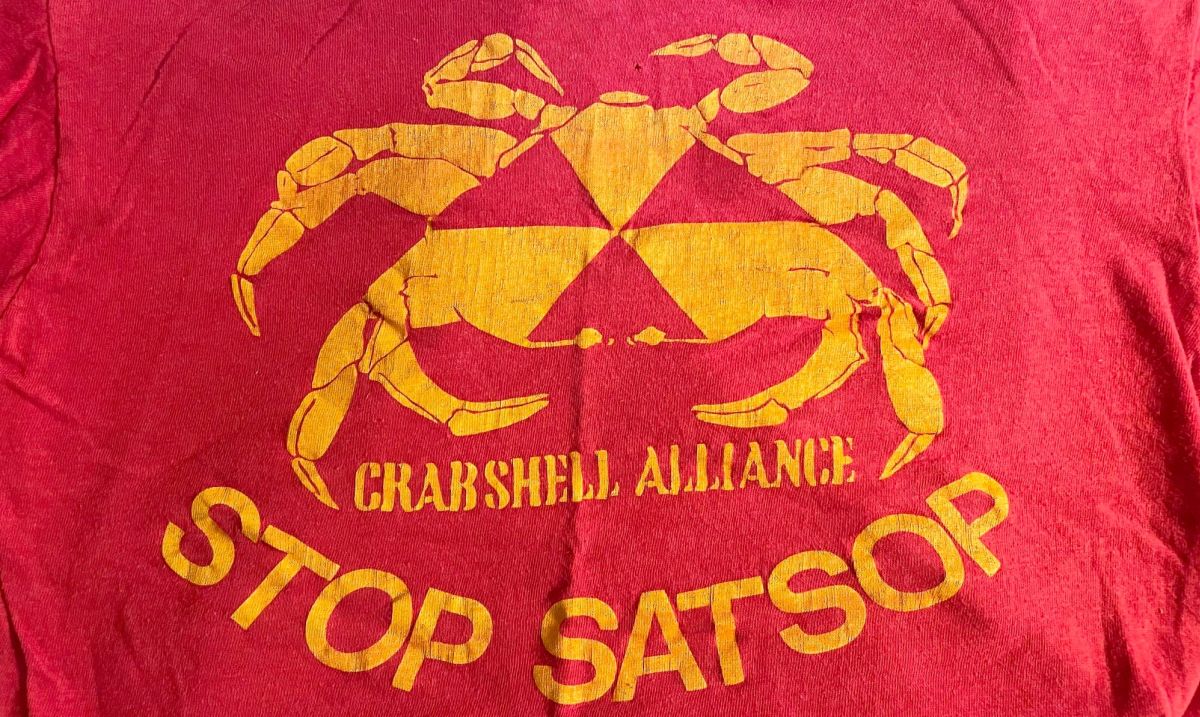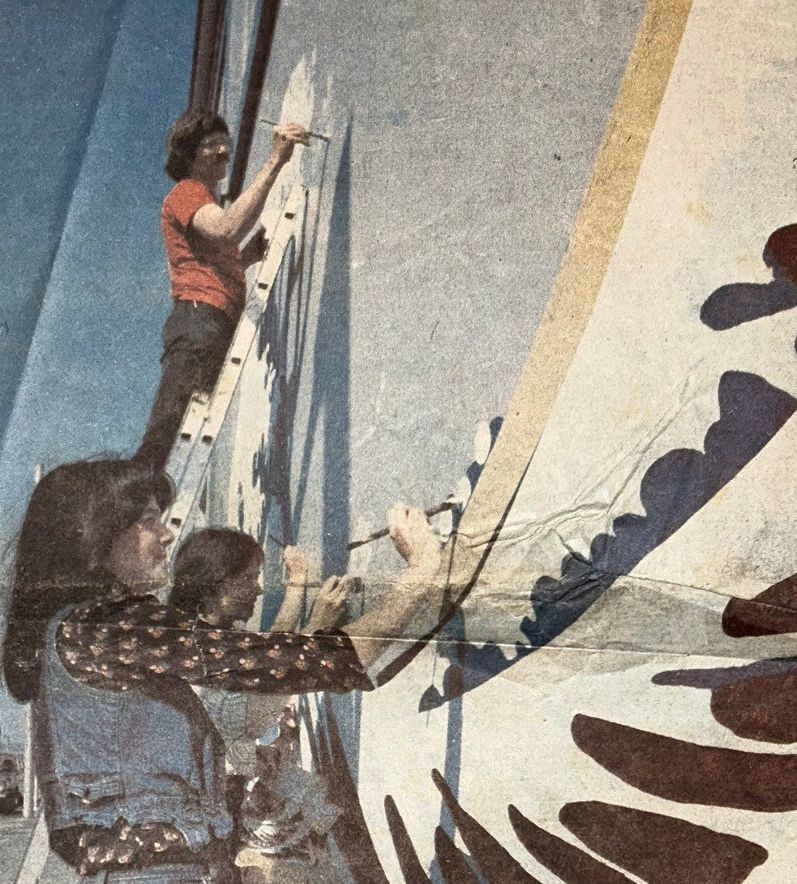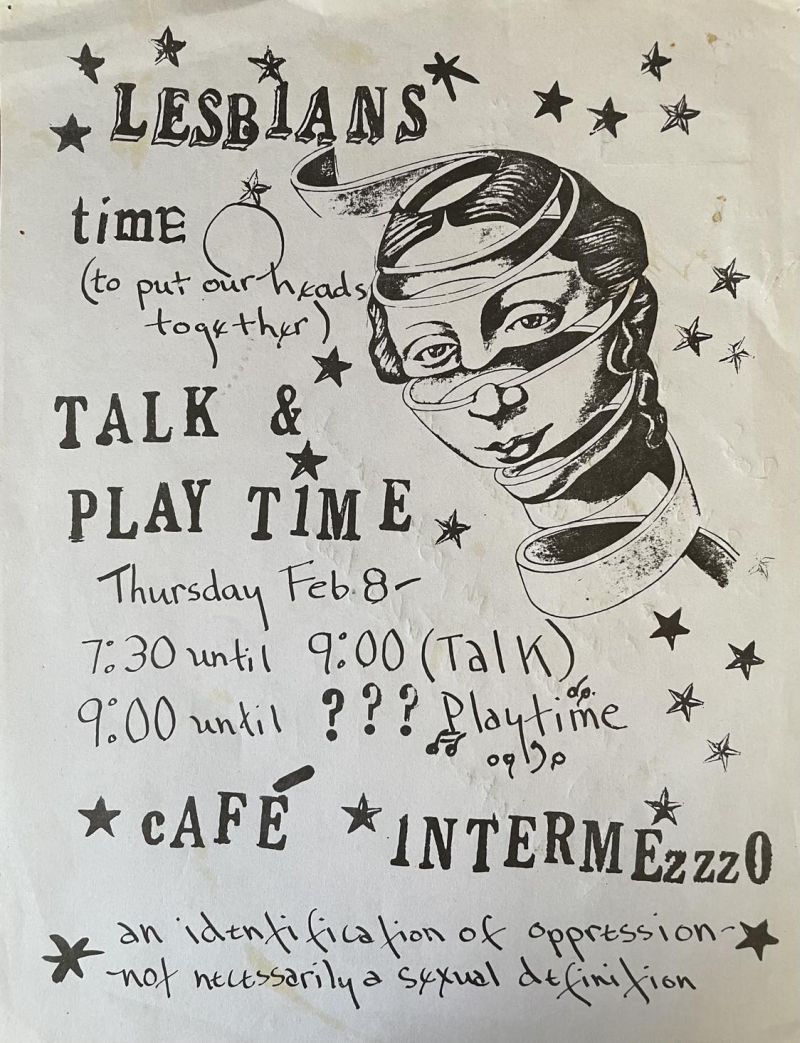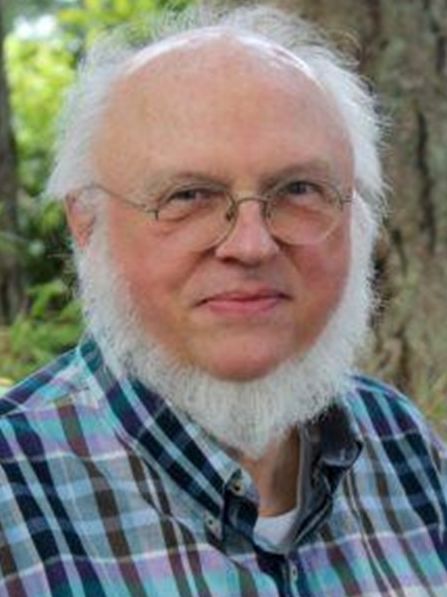Jolene Unsoeld Tribute – Anna Schlecht
Jolene slowly emerged above the water line in the world of politics, going from what she called, a “citizen meddler” to getting elected to the Washington State House of Representatives in 1984. Then in 1988, she was elected to become our congressional representative in the US Congress where her first act was signing on to what was then called a Gay Rights Bill.
